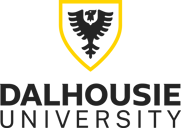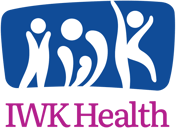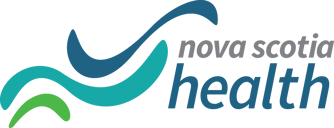Purpose
The purpose of this study is to collect data before and after the administration of nirsevimab to high-risk infants in Nova Scotia to:
- Determine the development of RSV immunity how the body deals with RSV once the infant have received nirsevimab) after 1 year.
- Record the health of the infants (such as admission to the hospital, wheezing) after 1 year.
- To measure the development of the immune system (body’s defense) after 1 year.
About the Study
RSV is a germ that can cause infections of the breathing tubes. Most RSV infections just result in symptoms similar to a simple cold (such as a runny nose, sneezing and cough). However, RSV infection can be more serious in young babies, whose lungs and breathing tubes are still very small and whose body’s defense cannot fight germs very well and those born below their expected time or with certain lung or heart conditions.
In past years there was a drug called palivizumab that was given monthly to children at increased risk to get sick from RSV during the winter season (October to March). In April 2023, Health Canada approved a new drug called Beyfortus TM (nirsevimab) to prevent RSV. This drug was shown to provide protection with just one injection. This replaced palivizumab as part of the Nova Scotia RSV Prevention Program in the winter of 2024.
Participation Criteria
Infants at high risk for severe RSV are eligible for the Nova Scotia RSV prophylaxis (prevention) program when they are entering their first winter season. Eligible infants include those who are less than 12 months of age with at least one of the following:
- Born before 32 weeks gestation (the time from when you get pregnant to give birth).
- Lung disease or other lung disorders requiring oxygen.
- Congenital heart disease (one or more problems with the heart that were present at birth) that are hemodynamically significant (affect the blood flow, blood pressure or heart rate) as determined by your cardiologist.
- Or other medical condition that makes them eligible according to the Nova Scotia RSV prophylaxis program such as those with severe combined immunodeficiency (SCID) – a condition that affects your body’s defense, or severe hypotonia (decreased muscle contraction) preventing adequate clearance of respiratory (breathing) secretions.
Participation Details
Children eligible for nirsevimab in Nova Scotia will be invited to take part in this study. Approximately 30-40 children will take part at the Canadian Center for Vaccinology (CCfV) located at the IWK.
Children in the study will receive the nirsevimab as you normally would as part of their usual care.
A blood sample and optional nasal swab will be taken before the nirsevimab is given (within 2 weeks of nirsevimab administration) and about 1 year after to measure the RSV immune response and maturation. Study staff will collect participant’s medical history before and one year after their injection and record their health outcomes after about 1 year.
| Visit Day | Visit Details |
| Visit 1*
Time: 30-45 minutes |
Informed consent
Record medical history, demographic information & review study eligibility. Blood sample & optional nasal swab |
| *Receive nirsevimab as part of your child’s usual care | |
| Visit 2
Time: 15-30 minutes |
Record medical history since Visit 1.
Blood sample & optional nasal swab |


